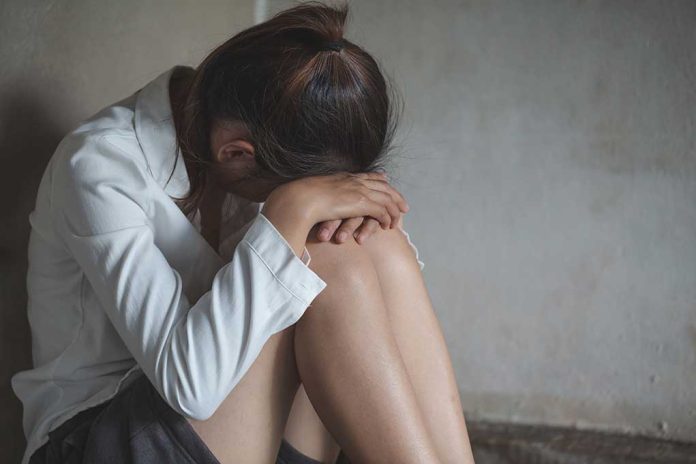
Forget Bills, Focus On Safety: Financial Assistance For Domestic Violence Victims
(WatchDogReport.org) – Domestic violence isn’t just an issue that affects a person physically and emotionally. Abuse survivors often find themselves facing long roads of financial uncertainty and, in many cases, debt. Domestic abusers hurt their victims for control, which spills over into every aspect of life. Typical activities like working, banking, and maintaining a good credit rating aren’t always available to those stuck in abusive situations.
Financial abuse accompanies domestic abuse in 98% of cases, and women are affected the most. Domestic abuse costs Americans 8 million days of work annually, and 70% of people in an abusive relationship can’t go to work at all. Nearly 60% will lose any hope of a good credit rating anytime soon.
It Won’t Be Easy
Leaving an abusive relationship is never easy. The stress of leaving an entire life behind for something new, not knowing where that may lead, is a massive load to bear. The best way to trudge through difficult waters is to stay positive and know that help is out there.
Domestic abuse isn’t new. There are an abundance of assistance programs available to help those looking for a way out. Every level of government, as well as an entire network of volunteer organizations, charities, and places of worship, offers survivors everything from planning the initial extraction to sorting through the steps to a new life.
The First Step
The first step to leaving is to make the decision, and the best place to start is to contact the National Domestic Violence Hotline. The first thing the site will do is inform the visitor how to continue without worrying about someone checking their browser history. A clean, confidential exit is crucial to successfully leaving an abusive situation. The hotline offers advice online chat, text, and voice options, all completely anonymous.
Planning Ahead Is Crucial
A fresh start will require a good plan. Packing a bag one day and leaving may be the best option, and there are resources available for that situation. Being able to plan ahead, if possible, will make the transition far less stressful.
Being able to put some money and tangible property aside, securing a place to live, and finding employment are all on the list of huge advantages for someone starting over. Suddenly, an abusive spouse’s obsession with their partner wearing nice clothing and jewelry becomes a nice chunk of change in a tough situation.
Every situation will be different and each will be difficult. Along with counseling to help victims become survivors, having a plan is going to make the journey easier.
Government Programs
There are financial assistance programs available for those who need it, especially for people who flee and don’t have any income to sustain themselves or their children while escaping. Look into SNAP for help buying groceries and TANF, which provides temporary assistance for needy families in the form of monthly cash stipends. Finally, there are shelters aimed at taking domestic abuse victims in and helping them get on their feet and set up in a place of their own.
Be Safe
A safe plan is a good plan. People leaving violent situations are, of course, concerned for their own well-being, and with good reason. A safe exit strategy includes doing as little as possible that can be traced. Banking should be done in person, and the same goes for meetings with counselors, volunteers, and authorities. Making sure everything seems normal at home means sweeping up every breadcrumb and remaining focused on the objective: get out as quietly as possible.
Copyright 2022, WatchDogReport.org







